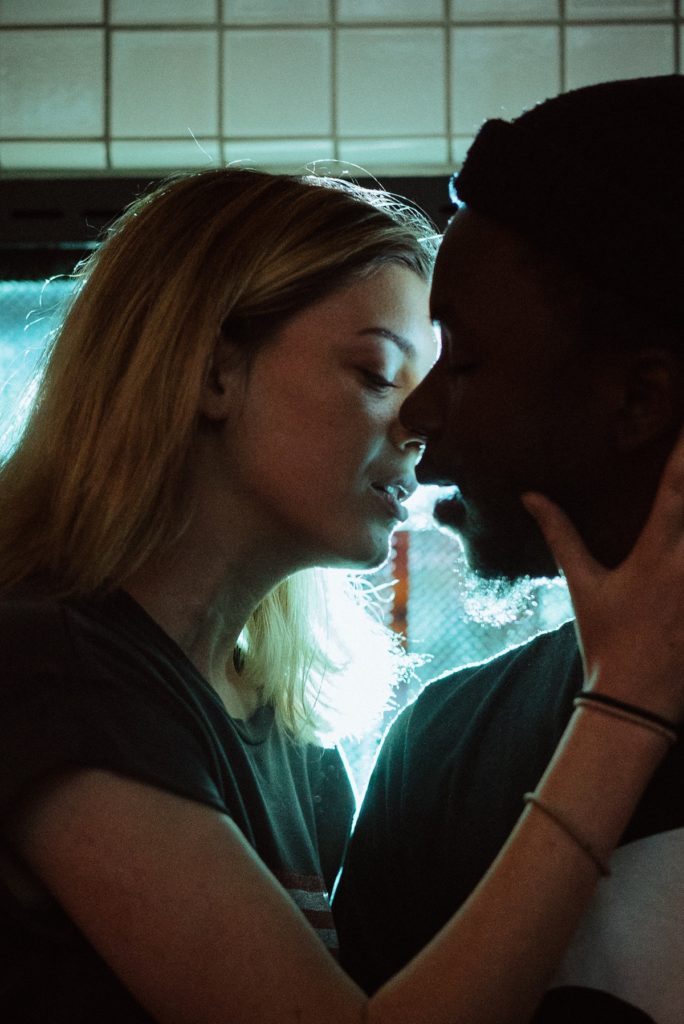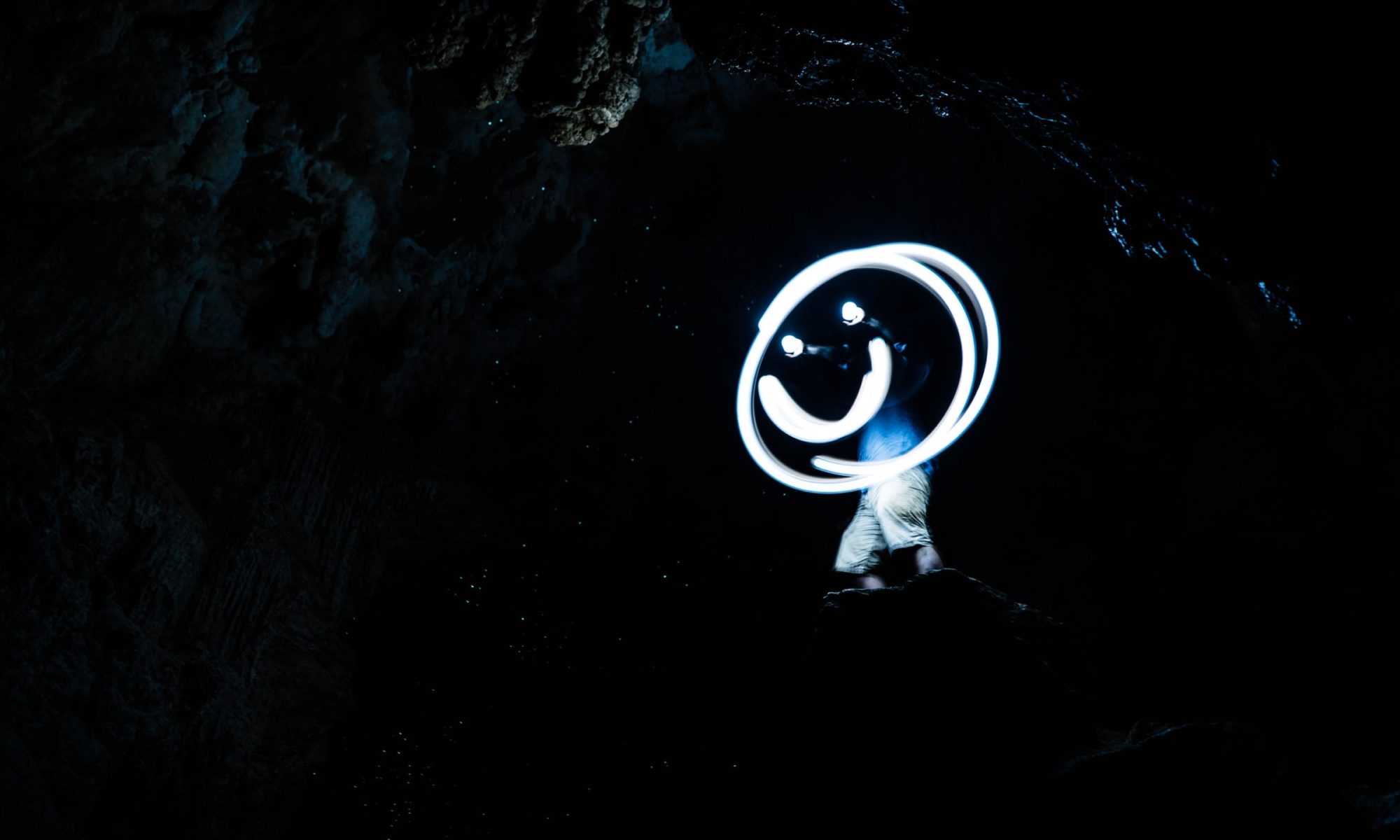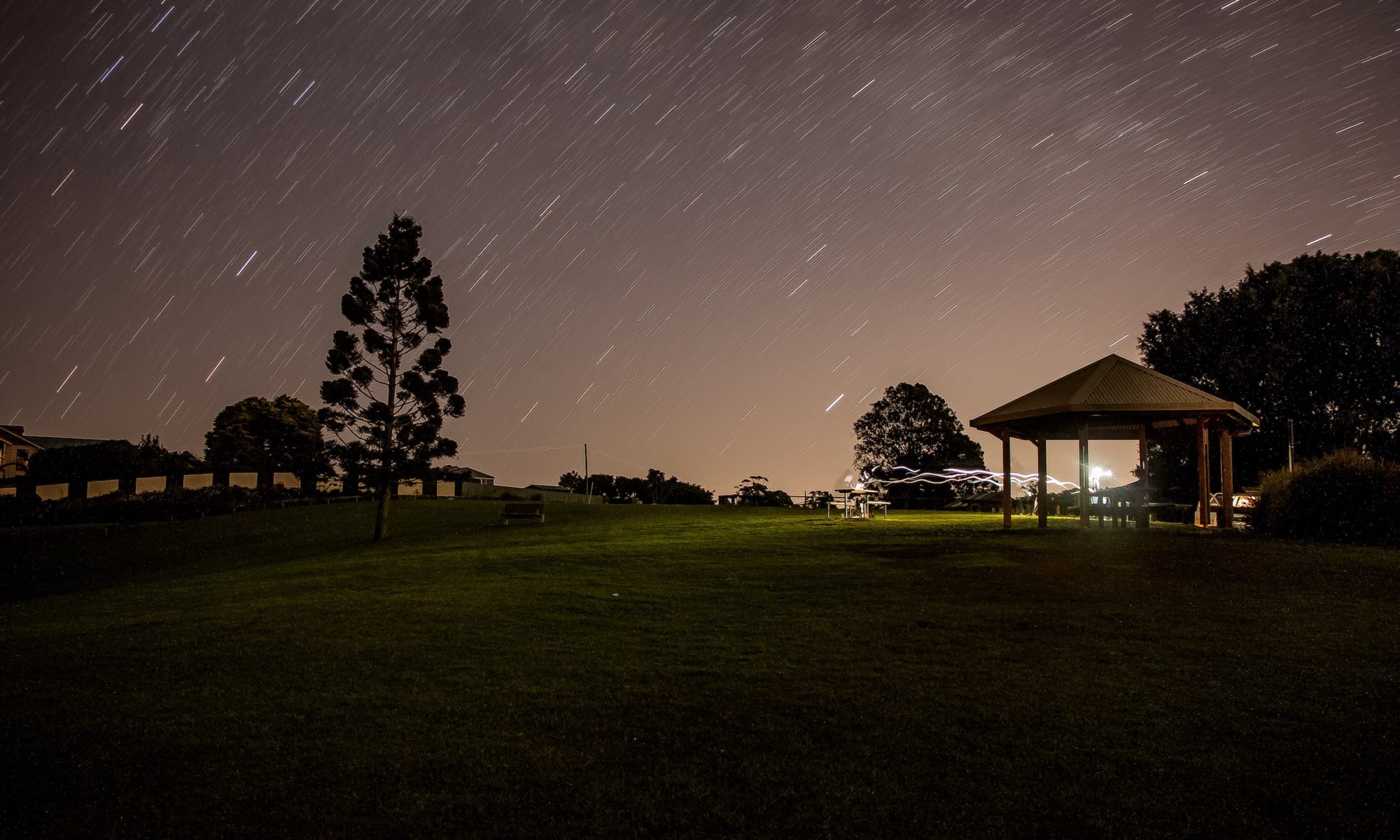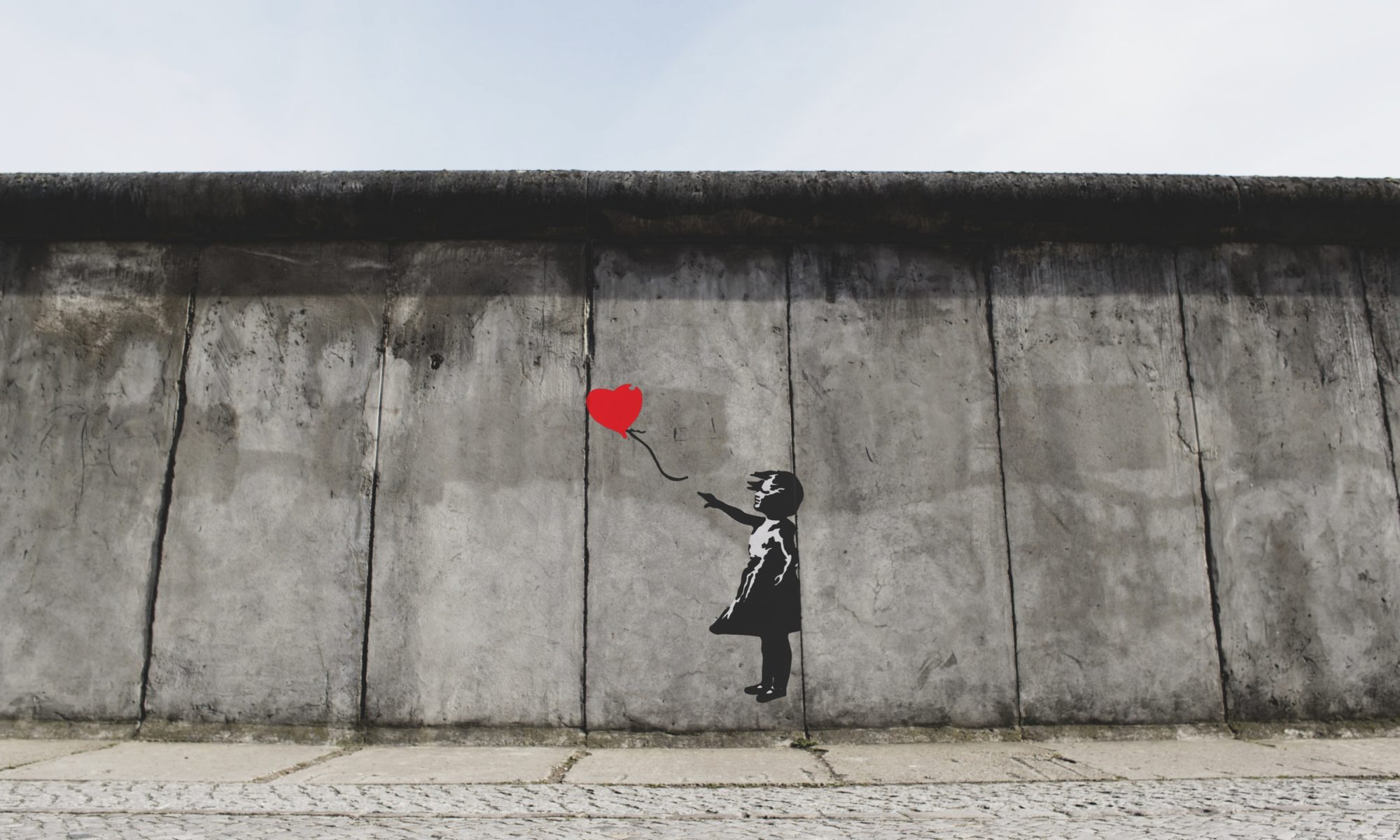Sometimes, writers choose topics that they think are ‘hot’ or ‘relevant’. They then spend three months or three years developing that script, and find that the play feels dated or cold or that times have past on the topic.
There’s a way to avoid this problem: focus on what is dramatic.
Drama – conflict between characters that can only be resolved by change and transformation or defeat – never goes cold. Who’s Afraid of Virginia Woolf? never feels less than electric.
If you are writing something about, say, the latest UK election results, you are going to have to dig deeper than a bunch of people feeling sad (or elated). You are going to have to focus on characters doing something and failing and learning, if it’s going to be interesting beyond tomorrow and people who feel similarly to you.
When people complain of writing that “preaches to the converted”, what they really mean is that the writing lacks drama.
If you’d like me to help you figure out the drama in your ideas, get in touch. Or join the email list for more writing tips





